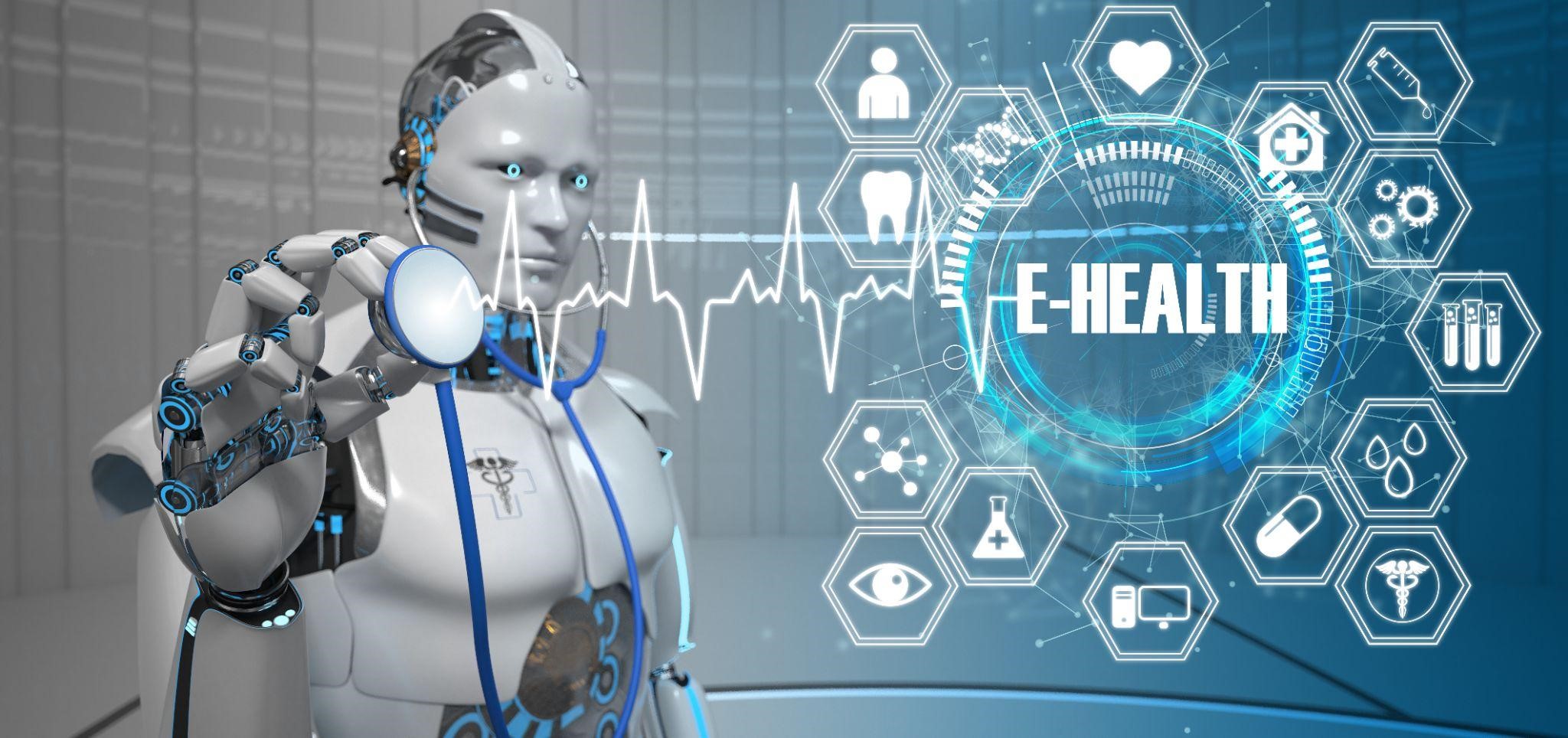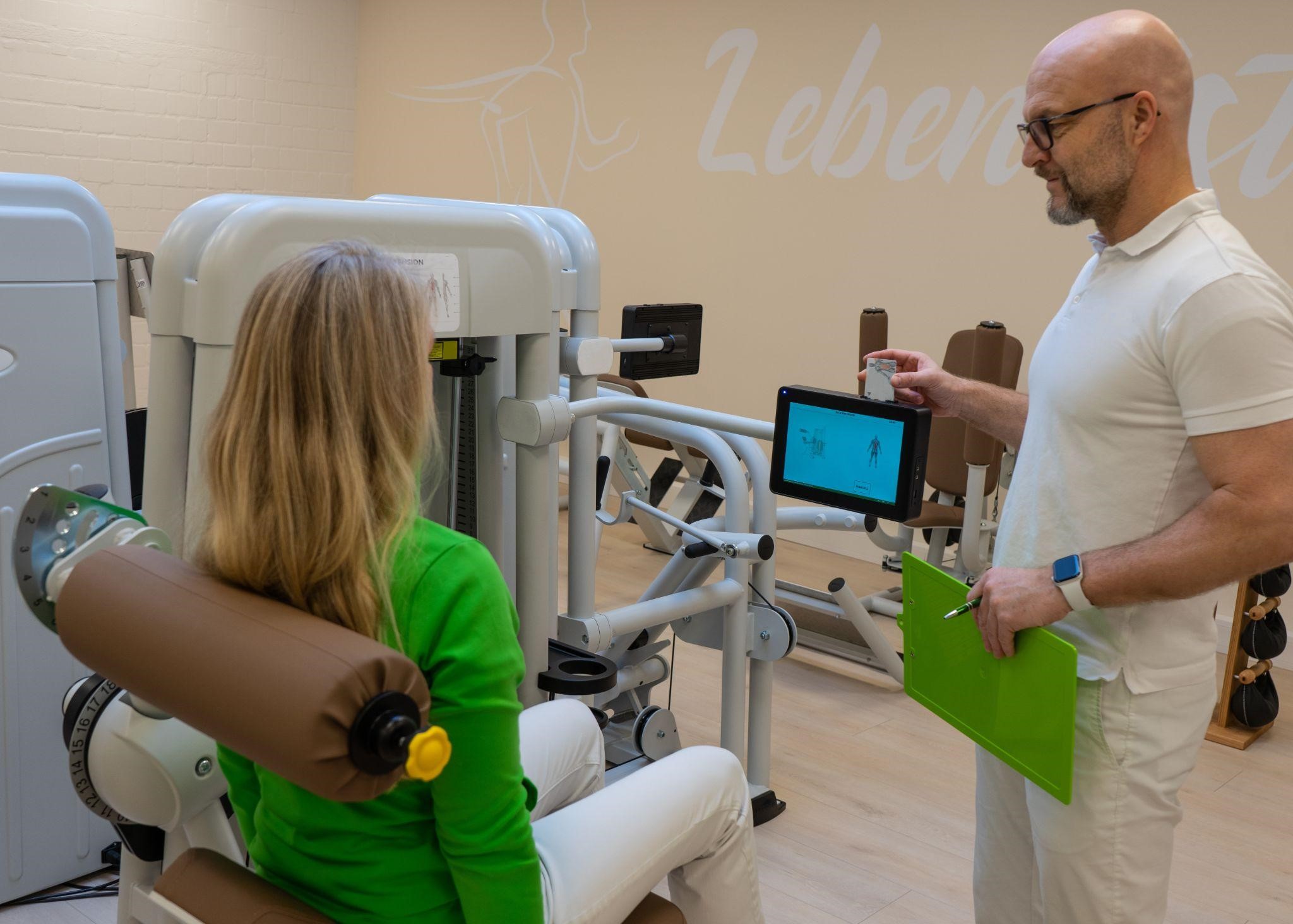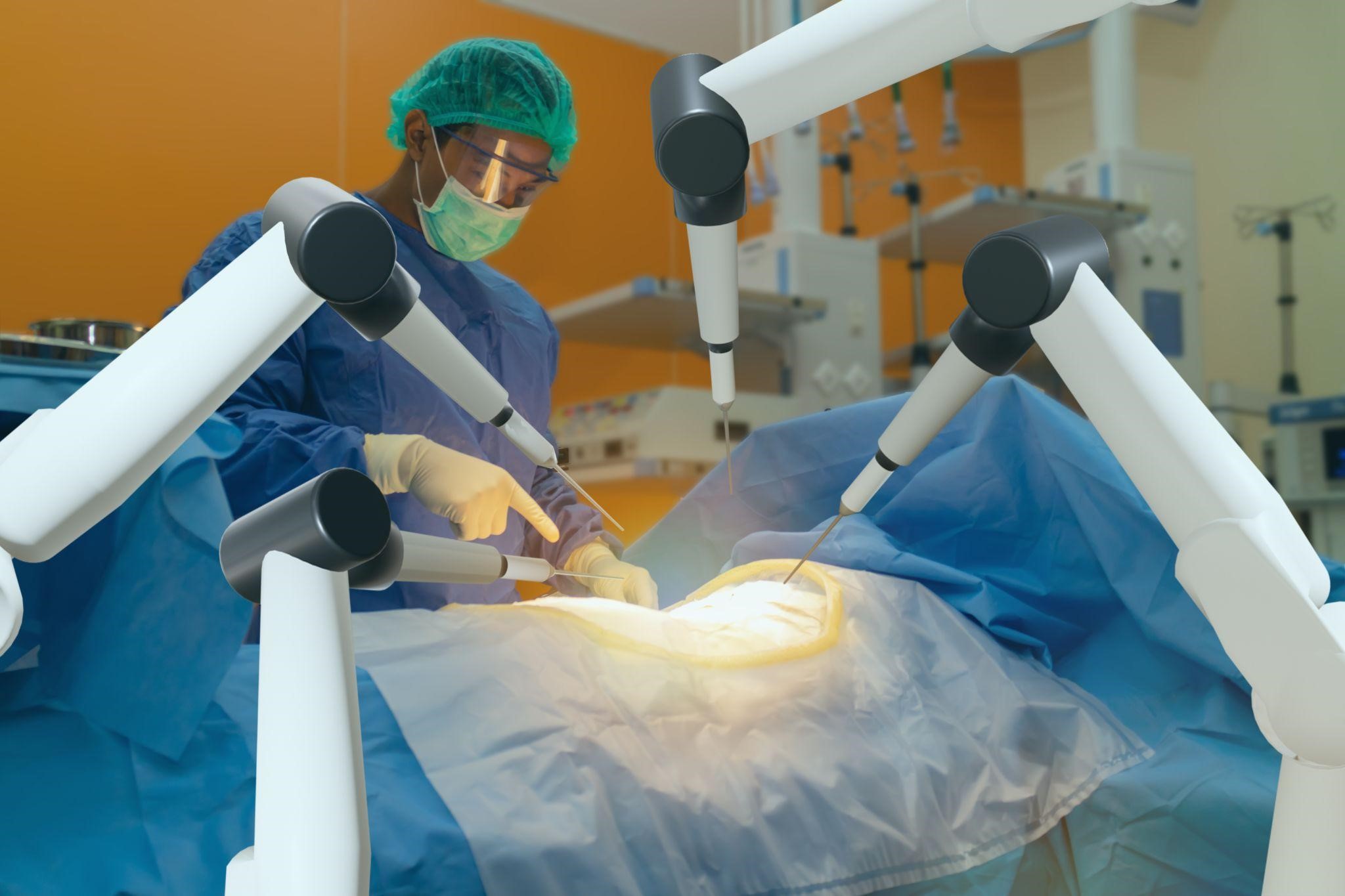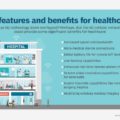The invention of new technologies has enabled various industries to automate their processes. Automation is the practice of using computerized tools and techniques to streamline processes. As a result of automation, a process that could have taken the whole day can now be completed within seconds. Automation also helps firms to utilize few resources to get maximum returns.
Although most sectors have adopted automation, some firms in healthcare still lag behind and can’t adequately compete in the market, nor provide better services to patients.
Here are some benefits of automation in healthcare.
1. Helps Save Time
Healthcare involves some complex processes, and if doctors aren’t careful, they can end up repeating some tasks. However, the good news is that such doctors can automate their operations and avoid repetition. This is possible because healthcare automation allows doctors to collaborate, reducing errors and potential issues.
2. Better Data Management
Another major benefit of healthcare automation is that it can allow doctors and other workers to manage patients’ data better more effectively. This is possible particularly with the utilization of the cloud.
The cloud is an automated document management system that allows doctors to store patients’ information online. Instead of holding physical documents in hospitals, the cloud enables doctors to store such documents digitally.
There are several benefits of having an automated document management system in the healthcare sector. For instance, it helps save on rental space and you won’t need to rent a storage space. All you have to do now is scan your documents and store them in digital form.
Apart from that, automating document management systems helps doctors organize documents in a logical order. This enables them to retrieve such documents faster and with ease, thus saving time.
With an automated document management system, doctors can also access patients’ data from anywhere and in real-time. Therefore, they can attend to patients at any time, whether day or night. This helps improve patients’ experience and satisfaction.
3. Improved Communication
Communication plays an important role in any relationship, and a doctor-patient relationship isn’t exempted. Communication is the process of passing information from one person to another. For instance, it allows doctors to understand patients’ problems and concerns. On the other hand, it also enables patients to get feedback from doctors and other health workers. However, for effective communication to take place, hospitals may need to automate their systems.
There are several reasons for automating healthcare communication systems. For example, it enables health workers to keep in touch with their patients as the need arises. This is important because patients can require a doctor’s help at any time. To ensure that patients can communicate with doctors in real-time, there’s a need for system automation.
However, any hospital must ensure that they’re utilizing the right communication tools. Some of these tools include automated phone systems, live chat applications, and other modern communication software.
4. Reduces Costs
Costs are major drawbacks for the progress of any healthcare facility because huge costs can eat up the revenues, thus minimizing profitability. However, healthcare can automate its processes to help minimize the overall costs.
There are various ways utilization of healthcare automation can help reduce costs such as labor costs. With automation, a few individuals can now handle a task that could be performed manually by several individuals. As a result, hospitals won’t need to employ several workers, helping to reduce labor costs.
In addition, when doctors are manually performing tasks in hospitals, many errors can occur. For instance, with manual operations, the wrong medication or operation might be administered to the wrong patient. When this happens, it can attract a lot of costs including malpractice lawsuits and other associated expenses. To minimize errors and avoid unnecessary costs, hospitals should automate their operations.
5. Work With the Right Team
Although a hospital can have modern facilities and technologies, it might fail to positively impact patients if it doesn’t have the right employees. That’s why there’s a need for hospitals to automate their processes and one of these is through staff hiring and an onboarding system.
Automating the hiring and onboarding of staff can help identify the most qualified doctors in the market. This is because such a system enables hospitals to disqualify candidates during the initial stages. For instance, when unqualified candidates send their resumes, the system can reject them even before conducting interviews.
Apart from helping identify the most suitable workers, an automated staff hiring system can also help save a lot of time because you won’t have to spend your time sorting the candidates’ resumes.
6. Improved Data Security
Improving data security is another major benefit of automation in the healthcare sector. It ensures patient data and hospital records are accessible only by authorized users.
There are several benefits of utilizing automation in healthcare to improve security. One of which is that it makes it difficult for hackers and other unauthorized people to steal hospital records and no one can get access to patients’ information without their knowledge. This is important, especially when patients might not want to disclose their information or health conditions.
Automation enables hospitals to store documents in the cloud, so anyone wanting to access such documents must have access rights. This helps improve the security of patients’ data and hospital records, but hospitals must ensure that they’re employing the best security measures to protect their systems.
Endnote
Automation is the way to go for any health facility looking to improve patients’ experience and satisfaction. It can also help health facilities to promote their efficiency and productivity. With automation, hospitals can utilize fewer resources to maximize their return on investment.
There are several benefits of automating healthcare systems. These include saving time, better data management, improved communication, reduced costs, improved data security, and identifying the right team. The benefits discussed in this article will go a long way in helping medical practitioners streamline their operations and ensuring that patients are getting the care and medical attention they require.









